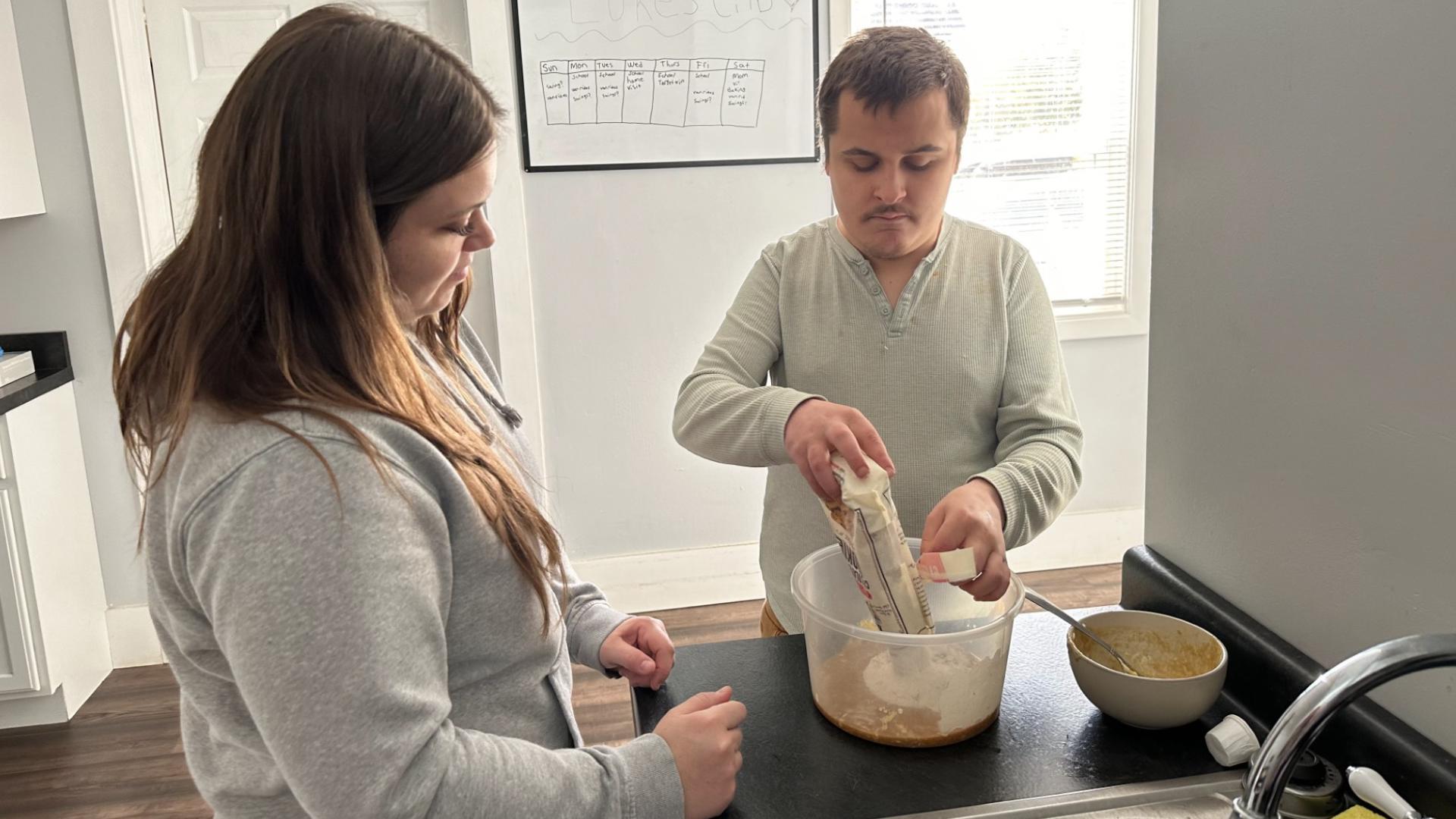MAINE, Maine — Maine's most vulnerable children must receive behavioral health services to keep them being placed outside their homes, according to an agreement announced earlier this week by the U.S. Department of Justice.
The settlement ended a lawsuit filed against Maine in September, in which federal officials alleged the state's failure to provide treatment beds and services had left dozens of kids with mental health problems and developmental disabilities stuck in emergency rooms statewide.
The settlement is clear: Maine must strengthen its system to ensure that children receive behavioral health services in their communities.
That includes timely access to care and crisis services and boosting staff who work with these kids with better pay and training.
State officials must develop a plan within 120 days to implement a new system. While the amount of state funding required to bring Maine into compliance is unknown, an independent reviewer will oversee the plan.
"There will be transparency that wasn't there before, and advocates and families can push the system toward what we need," Nancy Cronin, executive director of the Maine Developmental Disability Council, said.
Cronin said she remains concerned about the dozens of children on waitlists for services. Some are stuck in emergency departments waiting for pediatric treatment beds because of the lack of treatment, and more than 60 kids remain in residential treatment facilities out of state.
"While the state is building for tomorrow, we have to take care of the children today," Cronin stated emphatically.
Natasha Suleiman's son, Luke, is on the autism spectrum. He spent years waiting for in-home specialized services to help him live independently. At 16, he spent a year in Spring Harbor Hospital, waiting for a placement in a step-down residential facility.
Suleiman said she feels Maine needs to invest more in early intervention programs and now has one chance to get it right.
"What is happening to kids now in emergency rooms and residential facilities being sent out of the state because there are no children's facilities, but if they don't do it the right way right now, it's not ever going to be fixed," Suleiman explained.
In a written statement, Gov. Janet Mills said her administration has spent more than two years addressing children's behavioral health issues. Maine's Department of Health and Human Services has reduced the wait list for home and community-based services by more than 40 percent.
"I shared many of the U.S. DOJ's concerns, many of which preceded my administration, and we have worked closely with the Legislature to invest hundreds of millions of dollars to strengthen the system – important reforms which we believe in and continue to implement," Mills said.
However, advocates say parents and caregivers must be included in building a new framework for Maine's most vulnerable children.
"It does say that families have to be involved in their child's plan, but I want broader involvement," Cronin said. "I want families involved in creating this new system, because they know what it is like."
Luke now lives in an adult residential home in Lewiston, where his mom said he is thriving.
"He is safe, the staff is very attentive to his needs," Suleiman enthused.
The new hope is that Maine will one day have a stable safety net, ensuring no more kids fall through the cracks.

